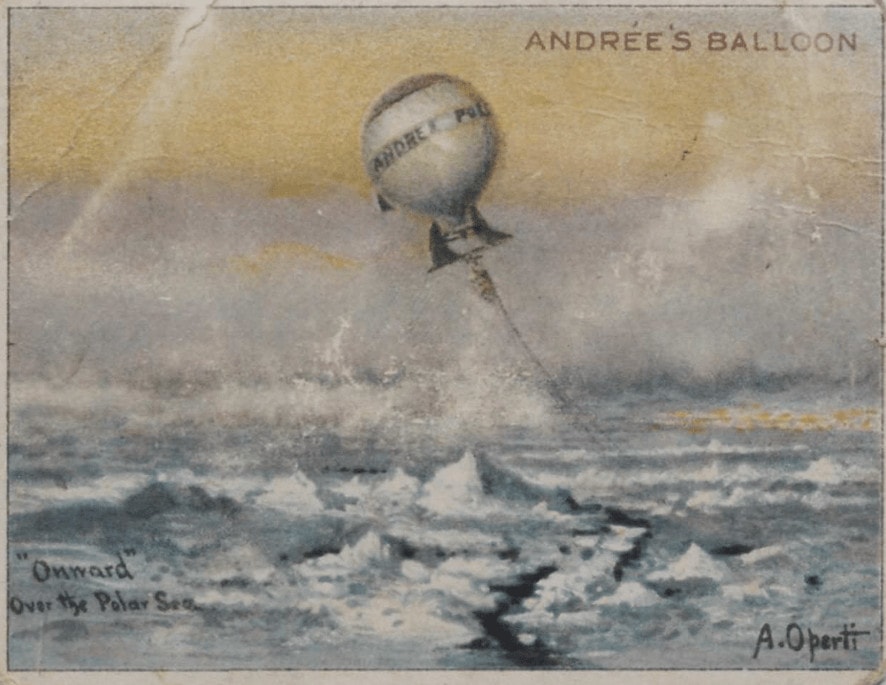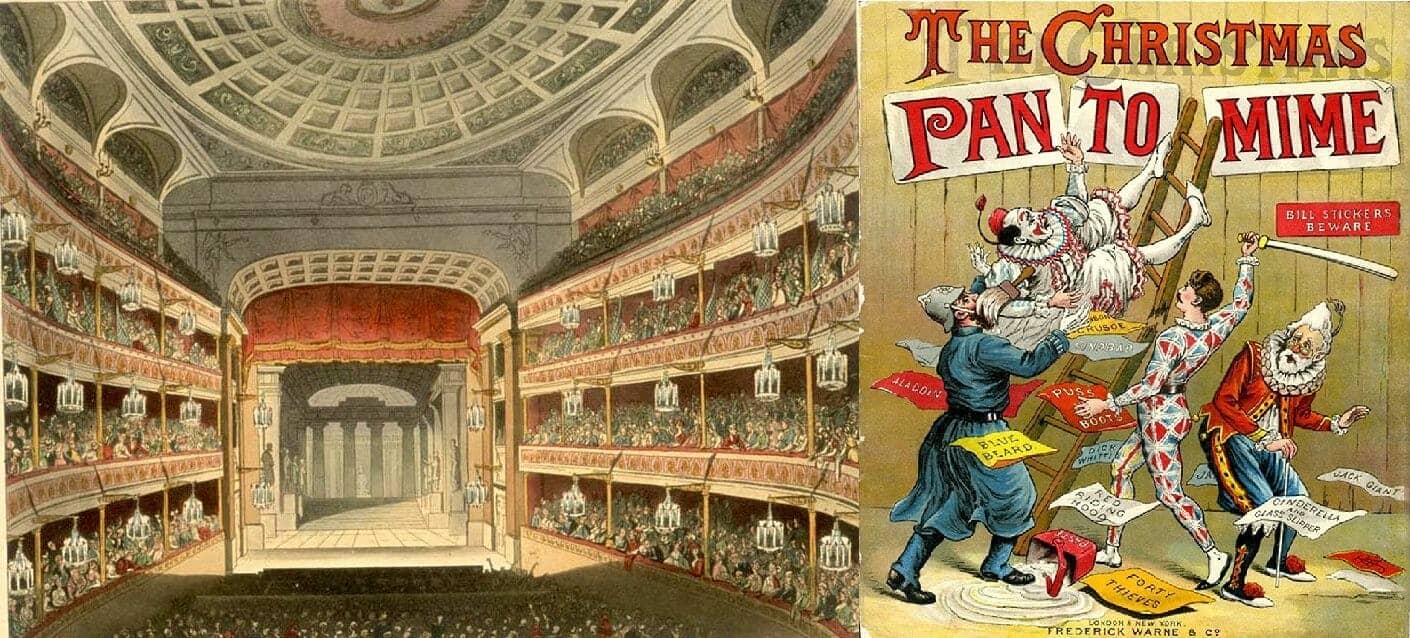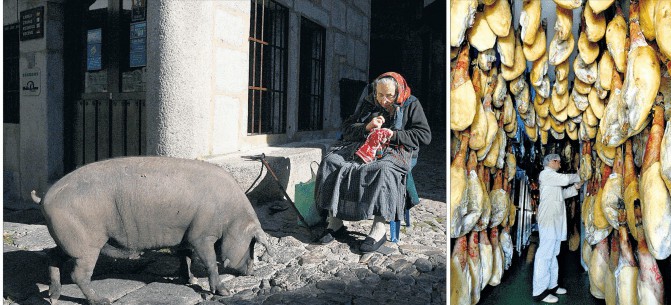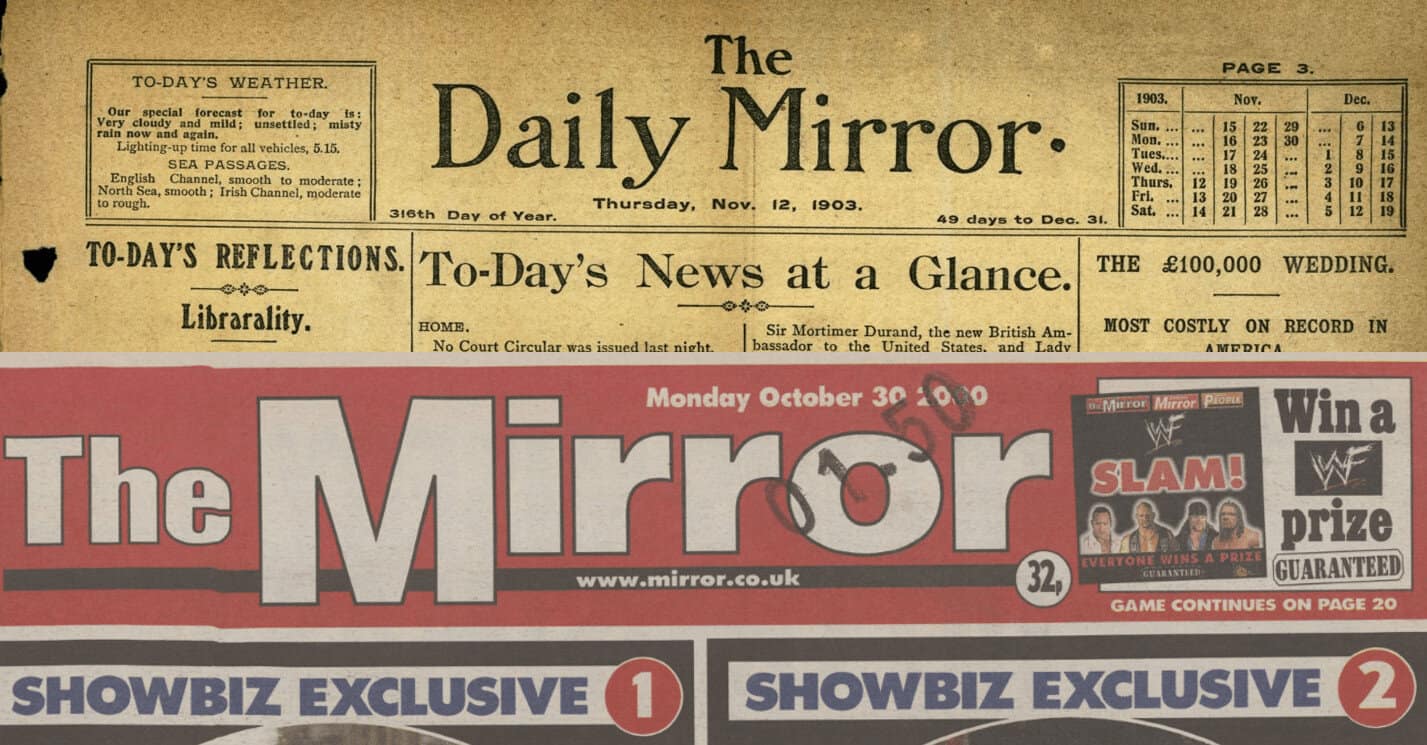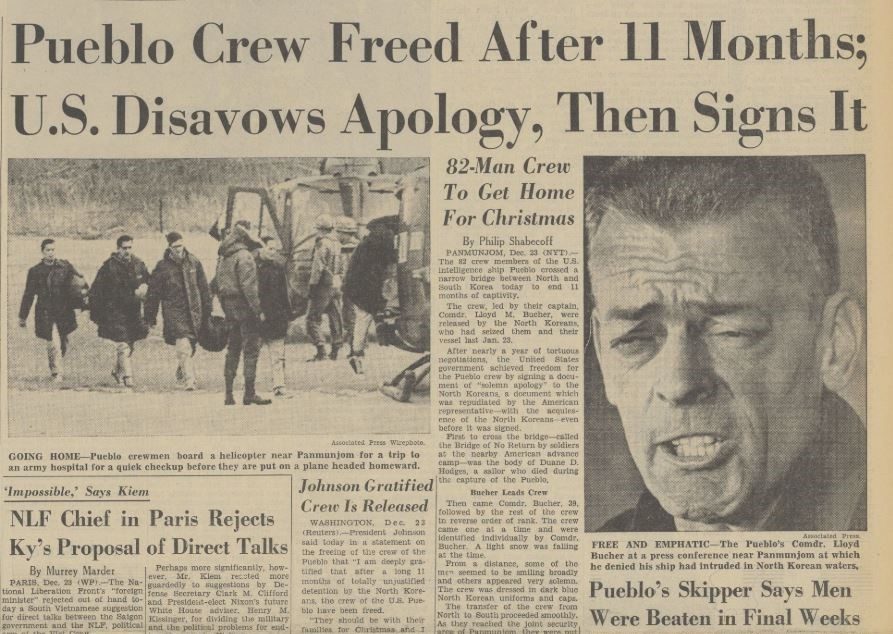|By Sara Pellijeff, Gale Field Sales Executive – Nordics and Baltics|
On July 11, 1897, the hydrogen balloon Örnen (“The Eagle”) took off from Svalbard (a Norwegian archipelago between mainland Norway and the North Pole) with three Swedish expedition members on board – Salomon August Andrée, Knut Frænkel, and Nils Strindberg. The plan was to float over what was, at the end of the nineteenth century, the world’s last mysterious destination: the North Pole.

